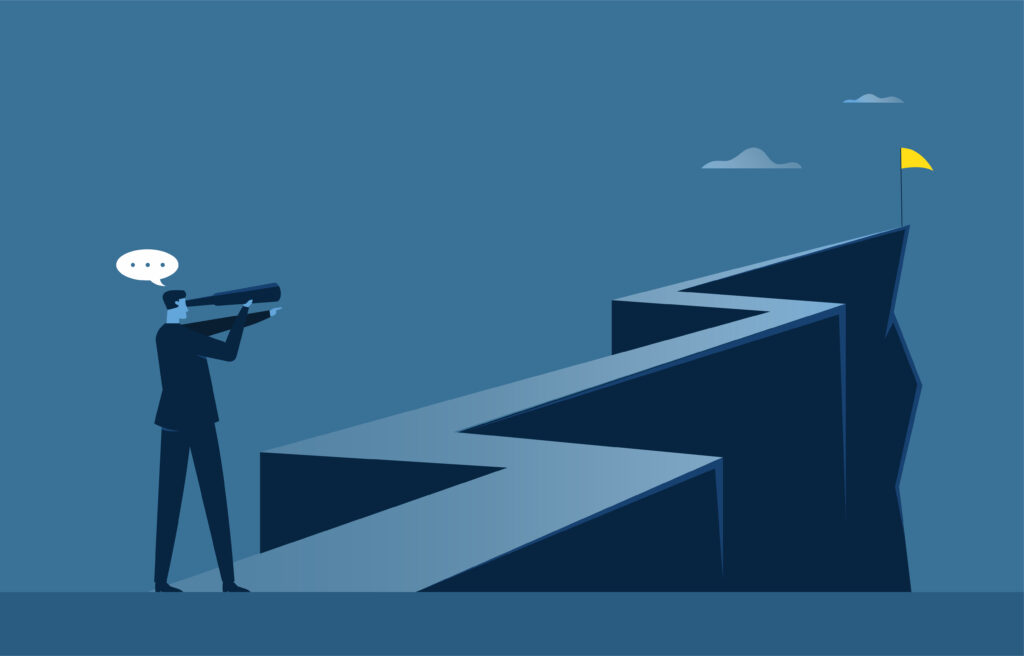Stress and anxiety are part of the human experience, but they can significantly impact your mental and physical health if not managed. Here’s a comprehensive guide to effectively reduce stress and anxiety
Read also: Who is Chris Langan? The smartest man in America!
1. Address Vitamin Deficiencies
Nutritional imbalances can worsen stress and anxiety. Research highlights the following deficiencies commonly linked to these issues:
Vitamin D:
Studies have found that low levels of vitamin D are associated with an increased risk of anxiety and depression. Vitamin D helps regulate mood by modulating neurotransmitters like serotonin.
Source: Psychiatry Research, 2019.B Vitamins:
Deficiencies in B vitamins, particularly B6 and B12, are linked to higher stress and anxiety levels. These vitamins are crucial for proper brain function and the production of neurotransmitters.
Source: Journal of Psychopharmacology, 2016.Magnesium:
Magnesium plays a vital role in calming the nervous system. A deficiency can lead to heightened stress responses.
Source: Nutritional Neuroscience, 2018.Omega-3 Fatty Acids:
Found in fish oil, omega-3s have been shown to reduce symptoms of anxiety by decreasing inflammation and regulating brain function.
Source: Journal of Clinical Psychiatry, 2011.
Action Plan:
- Incorporate vitamin D through sunlight or supplements (consult a doctor for proper dosage).
- Eat foods rich in B vitamins, such as leafy greens, whole grains, and lean proteins.
- Include magnesium-rich foods like nuts, seeds, and dark chocolate.
- Consider omega-3 supplements or eat fatty fish like salmon and mackerel.
2. Exercise Regularly
Physical activity is a proven stress reliever with numerous mental health benefits:
Reduces Cortisol:
Exercise lowers levels of cortisol, the stress hormone, and increases endorphins, which are natural mood elevators.
Source: Journal of Psychiatry & Neuroscience, 2013.Boosts Brain Health:
Aerobic exercises such as running or cycling increase blood flow to the brain, enhancing its ability to manage stress.
Source: Frontiers in Psychology, 2019.Improves Sleep:
Exercise enhances sleep quality, which is essential for reducing anxiety.
Source: Sleep Medicine Reviews, 2015.
Action Plan:
- Aim for at least 150 minutes of moderate-intensity exercise per week (e.g., brisk walking, swimming).
- Incorporate yoga or tai chi, which are particularly effective in managing stress through mindfulness and controlled breathing.
3. Cultivate the Mind Through Personal Development
Many stressors stem from a lack of knowledge or understanding of life’s challenges. Personal development can empower you with the tools to face adversity:
Learn From Failure:
It is crucial to understand that failure is part of success. Every successful person, apart from those who inherit their wealth, has faced setbacks. Examples include entrepreneurs like Steve Jobs and Oprah Winfrey, who overcame rejection and failures to achieve their goals.Shift Perspectives:
When you understand that obstacles are stepping stones, you build resilience. Stress often comes from the belief that setbacks define you, which is far from true.Expand Knowledge:
Reading personal development books, attending seminars, and surrounding yourself with growth-oriented people can reshape your outlook on life.
Action Plan:
- Start with books like “Atomic Habits” by James Clear or “The Obstacle Is the Way” by Ryan Holiday.
- Set goals for continuous learning, such as acquiring a new skill or taking an online course.
Read more here:
Personal development books
What is a personal development club?
4. Practice Mindfulness and Meditation
Mindfulness helps ground you in the present moment, reducing overthinking and worry:
- Scientific Proof:
Meditation reduces activity in the amygdala (the brain’s fear center) and increases prefrontal cortex activity, enhancing emotional regulation.
Source: Journal of Cognitive, Affective, & Behavioral Neuroscience, 2018.
Action Plan:
- Start with guided meditation apps like Headspace or Calm.
- Dedicate 10-15 minutes daily to mindfulness exercises.
Read also: What is enlightenment? How do I achieve it?
5. Build a Supportive Routine
Stress often stems from chaos or a lack of structure. Building a routine can give you a sense of control:
- Plan your day with priorities in mind.
- Incorporate breaks, time for hobbies, and social interactions.
Final Words
Stress and anxiety can be managed effectively with the right strategies. Address nutritional deficiencies, incorporate regular exercise, invest in personal development, and adopt mindfulness practices. Understand that failure is a stepping stone to success, and resilience is built through knowledge and action.
The journey to a stress-free life is about taking small, consistent steps toward balance and growth. Start today, and remember, change begins with you.
Read also: What is a personal development club?



